Spoiled playboy Henry van Cleve dies and arrives at the entrance to Hell, a final destination he is sure he deserves after living a life of profligacy. The devil, however, […]
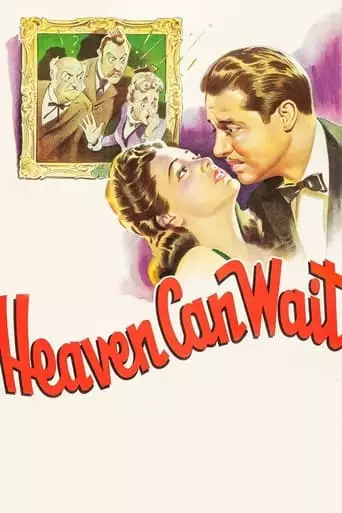
Spoiled playboy Henry van Cleve dies and arrives at the entrance to Hell, a final destination he is sure he deserves after living a life of profligacy. The devil, however, […]
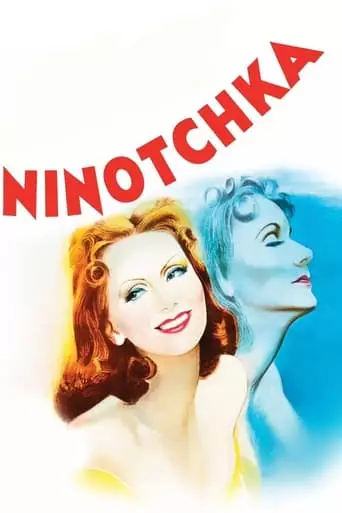
A stern Russian woman sent to Paris on official business finds herself attracted to a man who represents everything she is supposed to detest. Directed by Ernst Lubitsch, Ninotchka is […]
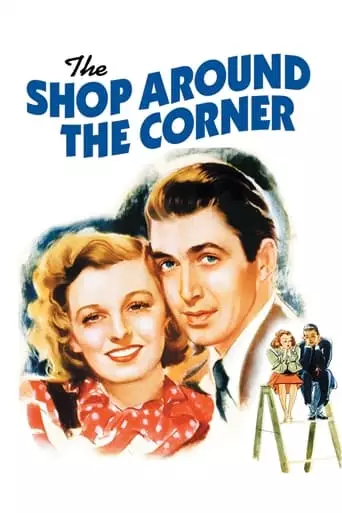
Two employees at a gift shop can barely stand one another, without realising that they are falling in love through the post as each other’s anonymous pen pal. Directed by […]
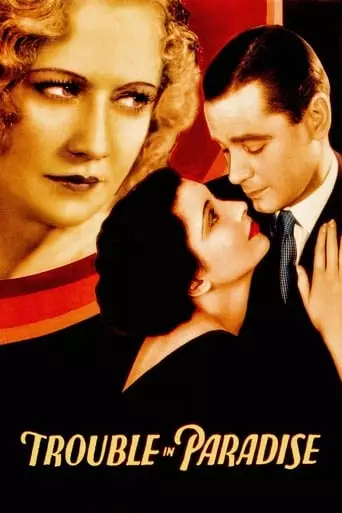
Thief Gaston Monescu and pickpocket Lily are partners in crime and love. Working for perfume company executive Mariette Colet, the two crooks decide to combine their criminal talents to rob […]
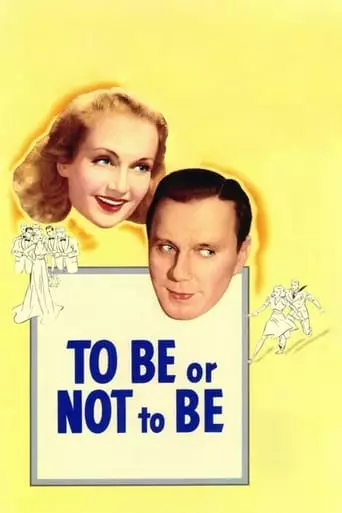
During the Nazi occupation of Poland, an acting troupe becomes embroiled in a Polish soldier’s efforts to track down a German spy. To Be or Not to Be, directed by […]
Ernst Lubitsch: The Master of Sophisticated Comedy
Ernst Lubitsch, often hailed as one of the greatest filmmakers of the 20th century, was a German-American director known for his refined wit, elegant storytelling, and the ineffable “Lubitsch Touch.” His films, characterized by their charm, subtle humor, and clever innuendos, elevated the romantic comedy genre and influenced generations of filmmakers. From his early silent films in Germany to his celebrated Hollywood classics like Trouble in Paradise (1932) and The Shop Around the Corner (1940), Lubitsch’s work remains a benchmark of cinematic sophistication.
Early Life and Career in Germany
Ernst Lubitsch was born on January 29, 1892, in Berlin, Germany, to a middle-class Jewish family. Initially pursuing a career in acting, Lubitsch joined Max Reinhardt’s prestigious theater company, where he honed his skills in performance and storytelling. However, his passion for filmmaking soon took over, and he began directing short films in the early 1910s.
Lubitsch quickly gained recognition for his comedic talents, directing a series of successful silent films that combined slapstick humor with a keen eye for human behavior. His breakout film, Madame DuBarry (1919), a lavish historical drama, garnered international acclaim and established him as one of Germany’s leading directors.
In 1922, Lubitsch moved to Hollywood at the invitation of actress Mary Pickford, marking the beginning of a legendary career in American cinema.
Hollywood Success and the “Lubitsch Touch”
Lubitsch’s transition to Hollywood was seamless, and he quickly became known for his ability to blend European sophistication with American sensibilities. His films were marked by a unique style that came to be known as the “Lubitsch Touch”—a combination of wit, elegance, and subtlety that allowed him to address risqué or complex subjects with a light, playful tone.
The Marriage Circle (1924): One of Lubitsch’s early American successes, this romantic comedy set the template for his later work, focusing on love, infidelity, and human folly with a mix of humor and poignancy.
The Student Prince in Old Heidelberg (1927): A bittersweet romance, this silent film demonstrated Lubitsch’s ability to balance humor with emotional depth, earning widespread critical acclaim.
With the advent of sound, Lubitsch’s career reached new heights. His mastery of dialogue and timing allowed him to create some of the most celebrated comedies of the 1930s and 1940s.
The Golden Age: Classic Films of the 1930s and 1940s
Lubitsch’s work during this period solidified his reputation as a master of sophisticated comedy. His films often explored themes of love, deception, and class dynamics, using clever dialogue and visual storytelling to entertain and provoke thought.
Trouble in Paradise (1932): A masterpiece of romantic comedy, this film tells the story of two con artists who fall in love while targeting a wealthy widow. Its witty script, stylish direction, and daring themes of morality and romance exemplify the “Lubitsch Touch.”
Ninotchka (1939): Starring Greta Garbo in her first comedic role, this film is a satire of Soviet ideology wrapped in a charming love story. Garbo’s transformation from a stern, humorless bureaucrat to a woman in love is one of Lubitsch’s most delightful cinematic achievements.
The Shop Around the Corner (1940): This tender romantic comedy about two feuding co-workers who unknowingly fall in love through anonymous letters remains one of Lubitsch’s most beloved films. Its blend of humor, warmth, and emotional authenticity has inspired countless adaptations, including the modern classic You’ve Got Mail (1998).
To Be or Not to Be (1942): A bold and innovative satire set during World War II, this film follows a group of Polish actors who outwit the Nazis. Balancing humor with serious themes, Lubitsch crafted a work that remains both hilarious and poignant.
Style and Themes
Lubitsch’s films are renowned for their elegance, wit, and attention to detail. Key elements of his style include:
Subtle Humor: Lubitsch often relied on suggestion and implication rather than explicit jokes, allowing audiences to engage with the material on a deeper level.
Visual Storytelling: His use of visual cues, framing, and editing conveyed meaning and emotion with remarkable economy and grace.
Sophistication: Lubitsch’s films celebrated the complexities of human relationships, often exploring themes of love, desire, and social conventions with intelligence and nuance.
Universal Appeal: While his films were rooted in specific cultural contexts, their humor and emotional truths resonated with audiences worldwide.
Legacy and Influence
Ernst Lubitsch’s influence on cinema is immeasurable. His work set a standard for romantic comedies and sophisticated storytelling, inspiring directors such as Billy Wilder, Preston Sturges, and Woody Allen. Wilder, who worked with Lubitsch early in his career, famously kept a sign in his office that read, “How would Lubitsch do it?”
Despite his untimely death in 1947 at the age of 55, Lubitsch’s films continue to captivate audiences with their timeless charm and wit. His ability to combine humor, intelligence, and humanity has ensured his place as one of the greatest filmmakers in history.
Conclusion
Ernst Lubitsch was more than a director; he was a cinematic innovator whose work transcended genres and generations. From his pioneering silent films in Germany to his iconic Hollywood classics, Lubitsch’s legacy is defined by his ability to entertain and enlighten with unparalleled elegance. The “Lubitsch Touch” remains a hallmark of excellence, a testament to the enduring power of wit, sophistication, and the art of suggestion in filmmaking.